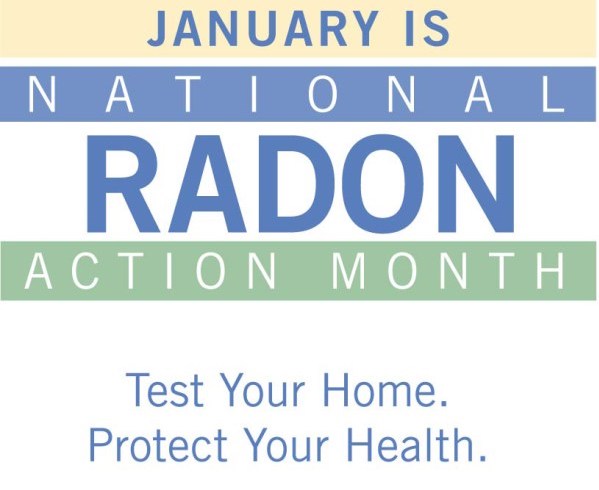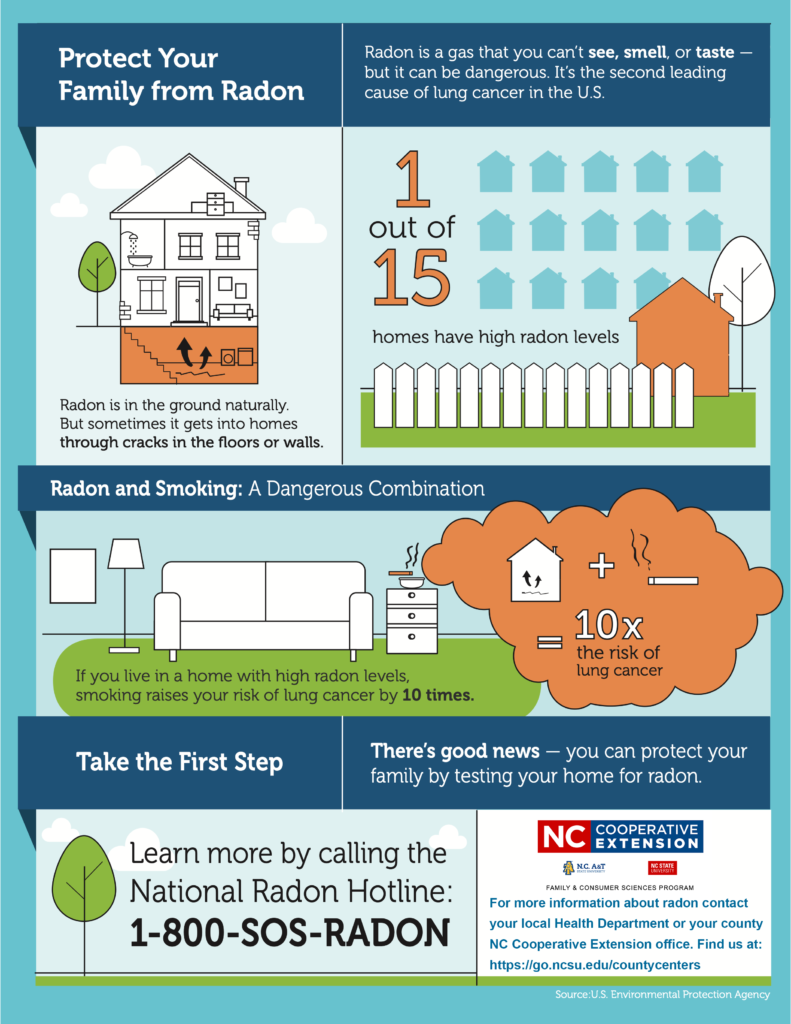Radon: Your Home and Your Health
go.ncsu.edu/readext?646968
en Español / em Português
El inglés es el idioma de control de esta página. En la medida en que haya algún conflicto entre la traducción al inglés y la traducción, el inglés prevalece.
Al hacer clic en el enlace de traducción se activa un servicio de traducción gratuito para convertir la página al español. Al igual que con cualquier traducción por Internet, la conversión no es sensible al contexto y puede que no traduzca el texto en su significado original. NC State Extension no garantiza la exactitud del texto traducido. Por favor, tenga en cuenta que algunas aplicaciones y/o servicios pueden no funcionar como se espera cuando se traducen.
Português
Inglês é o idioma de controle desta página. Na medida que haja algum conflito entre o texto original em Inglês e a tradução, o Inglês prevalece.
Ao clicar no link de tradução, um serviço gratuito de tradução será ativado para converter a página para o Português. Como em qualquer tradução pela internet, a conversão não é sensivel ao contexto e pode não ocorrer a tradução para o significado orginal. O serviço de Extensão da Carolina do Norte (NC State Extension) não garante a exatidão do texto traduzido. Por favor, observe que algumas funções ou serviços podem não funcionar como esperado após a tradução.
English
English is the controlling language of this page. To the extent there is any conflict between the English text and the translation, English controls.
Clicking on the translation link activates a free translation service to convert the page to Spanish. As with any Internet translation, the conversion is not context-sensitive and may not translate the text to its original meaning. NC State Extension does not guarantee the accuracy of the translated text. Please note that some applications and/or services may not function as expected when translated.
Collapse ▲Radon is a naturally occurring radioactive gas that you cannot see, smell, or taste, so it could be present at dangerous levels at home without you knowing it. This gas is the second leading cause of lung cancer deaths in the United States and the number one leading cause among non-smokers, claiming more than 20,000 lives every year. If a high radon level is detected in your home, it can be fixed through mitigation, Radon reduction techniques, and reduction systems.
You can order a radon kit through the North Carolina Radon Program site.
I Want to Know More About Radon
Visit these websites to find more information about what you can do to protect yourself and your family from radon:
NC State Extension Healthy Homes – Radon
Environmental Protection Agency – Radon
If you have questions about radon, please contact your local Health Department or your county’s N.C. Cooperative Extension office.






